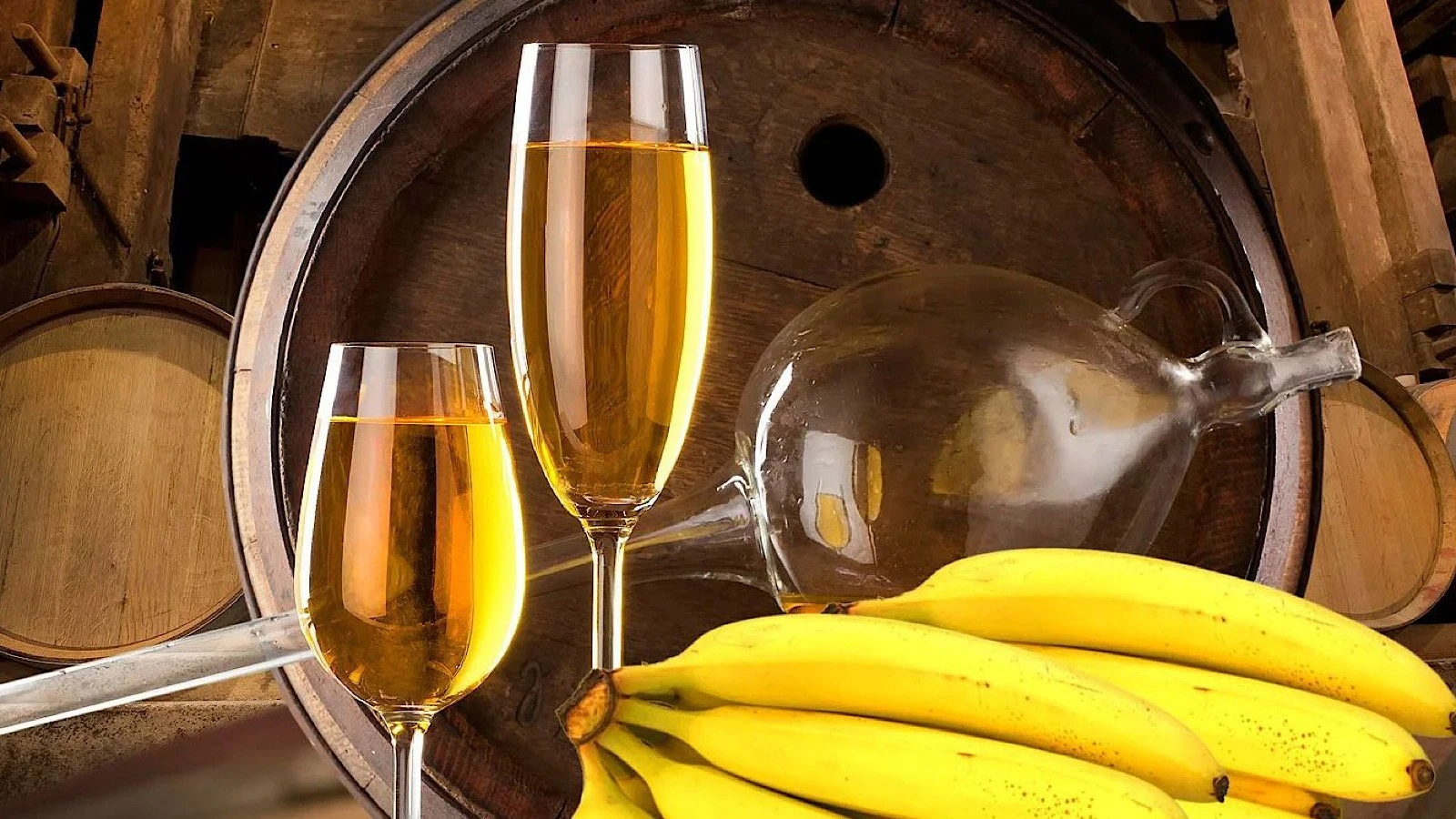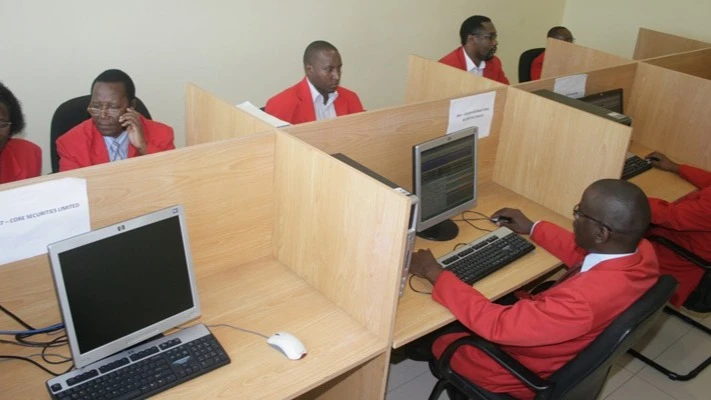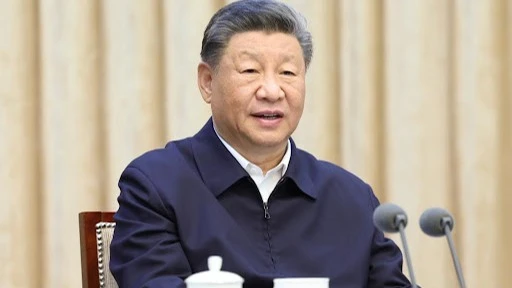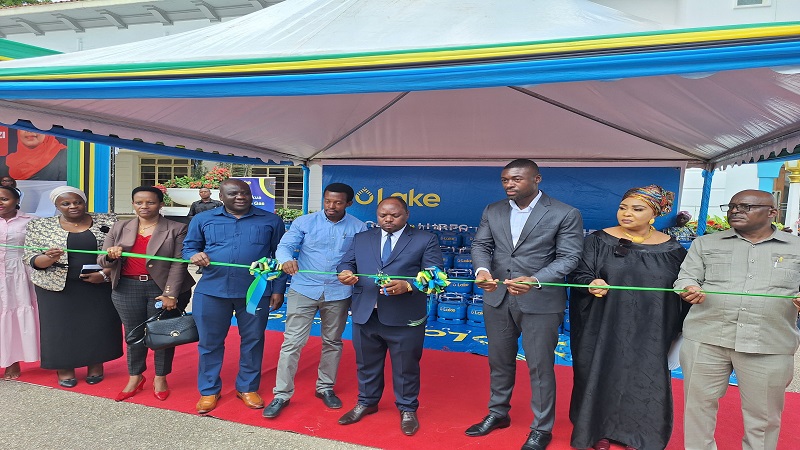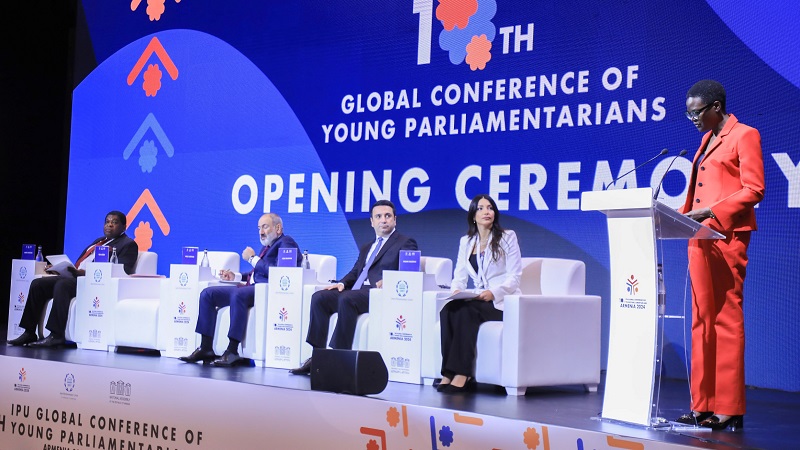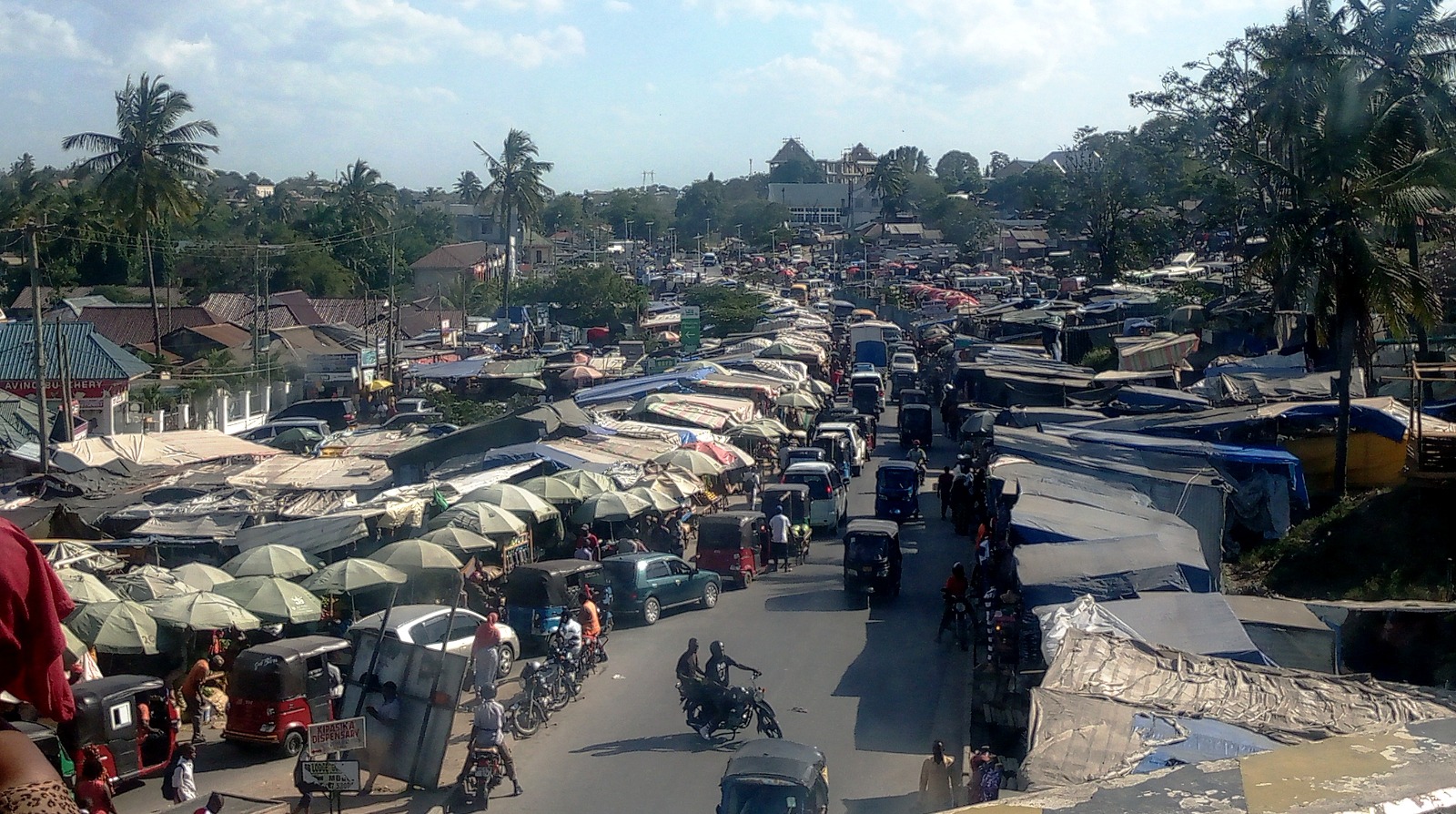Initiative out to plant five million coffee seedlings in Kagera Region
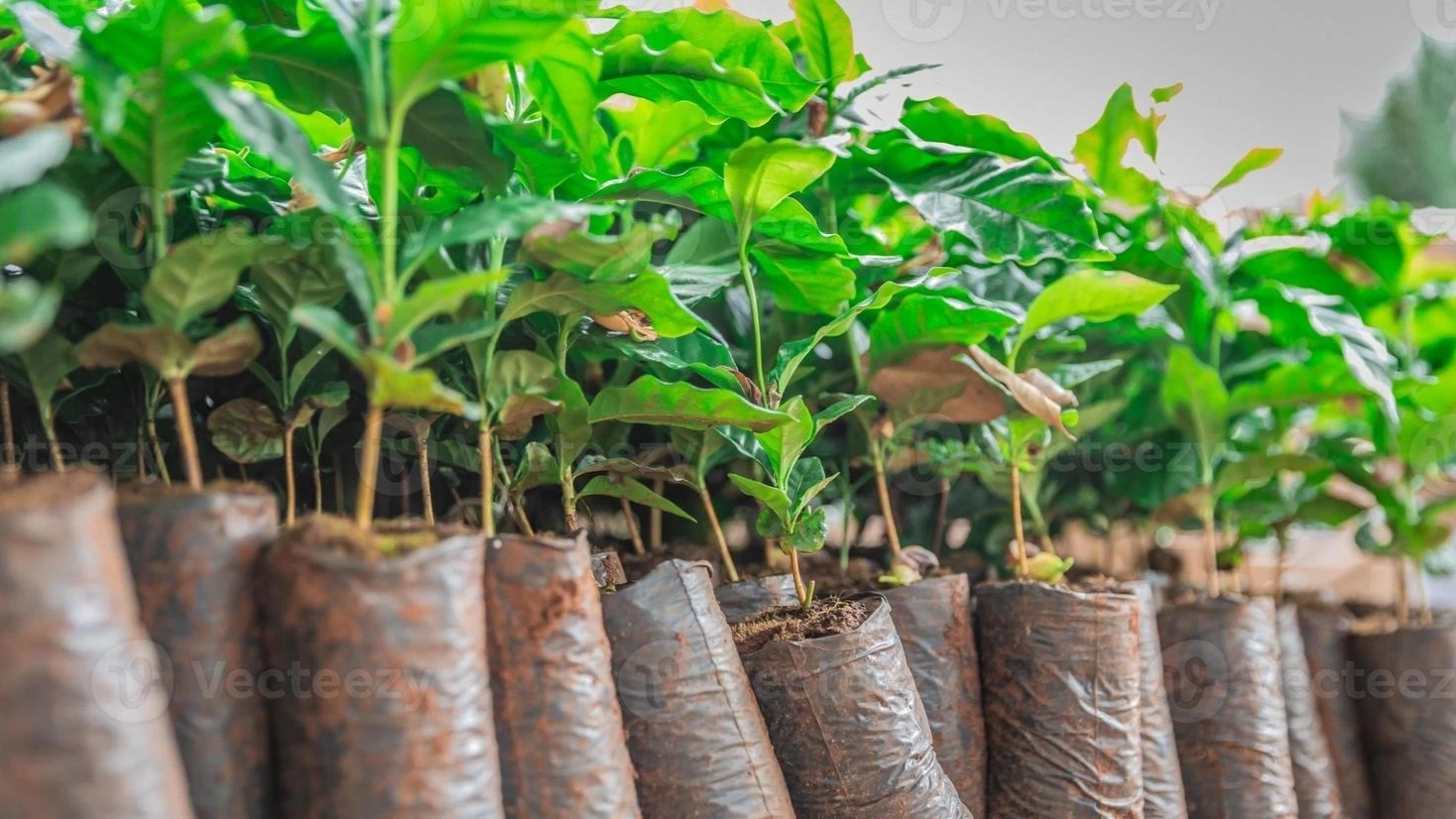
CONSERVATIONISTS are set to plant five million coffee seedlings in Kagera Region to enhance environmental conservation and boost the income of local residents.
Colin Francis, Chief Executive Officer of Brazil-based BR Food, announced this initiative in Dar es Salaam yesterday during the launch of a tree-planting campaign at Kerezange Primary School.
Francis explained that the project supports the government’s environment protection efforts, particularly by planting trees that help mitigate greenhouse gases.
“We will plant five million coffee seedlings across 1,000 hectares. This project aims to both preserve the environment and increase income for local communities through trade of this globally sought-after crop,” he said.
He noted that the coffee variety chosen is well-suited to the local climate, with planting starting this year and expected to be completed by 2030.
“Brazil and Tanzania share similar climatic conditions, so this phased planting programme is anticipated to yield positive results for both the environment and the economy through coffee trade and carbon offsets,” he added.
Ernest Mziray, Investment Manager at African Carbon Agency, stated that the project aims to implement the ‘A to Zero’ policy to reduce greenhouse gases.
He highlighted that the newly planted trees will contribute to reducing air pollution and that the project also promotes youth engagement in football at school.
Job Ndubussa, Head teacher at Kerezange Primary School, thanked the partners, noting that the school was chosen for the campaign due to its commitment to environmental protection and its existing tree cover.
In addition to the tree planting, the school also received sports jerseys and footballs from the sponsors.
Coffee cultivation in Tanzania supports approximately 400,000 people across 52 districts and significantly contributes to the national economy, with annual production fetching $100 million through exports to countries such as Japan, Italy, Germany, and the United States.
Top Headlines
© 2024 IPPMEDIA.COM. ALL RIGHTS RESERVED








